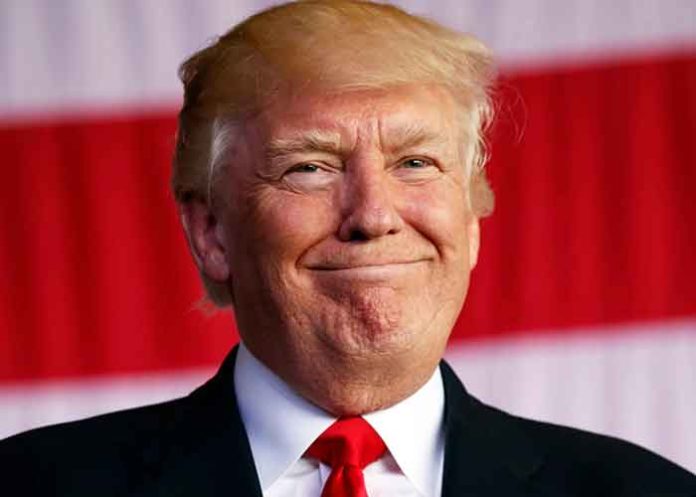Washington, April 7, 2025 (Big Ben Times)
In a move that has sent shockwaves through global financial markets, U.S. President Donald Trump has staunchly defended his administration’s decision to impose extensive tariffs on imports from numerous countries. Despite escalating fears of a global economic downturn, President Trump likened the tariffs to a necessary “medicine” aimed at rectifying longstanding trade imbalances.
President Trump’s Justification: Tariffs as ‘Medicine’
Addressing concerns over the market’s adverse reaction, President Trump stated, “I don’t want anything to go down but, sometimes, you have to take medicine to fix something.” He emphasized that these measures are essential to address the United States’ trade deficits and to foster fairer trade practices.
Immediate Market Repercussions
The announcement of these tariffs has led to significant volatility in global financial markets:
-
U.S. Markets: The S&P 500 experienced a nearly 14% decline, while the Nasdaq Composite dropped by 19% year-to-date.
-
Asian Markets: Japan’s Nikkei 225 fell by approximately 8%, and Hong Kong’s Hang Seng Index plummeted by 9.4% at opening.
-
European Markets: Major indices also reported substantial losses, reflecting the widespread apprehension among investors.
International Response and Escalation
The global reaction to the U.S. tariffs has been swift and pointed:
-
China’s Retaliation: In response, China announced a 34% tariff on all U.S. imports, effective April 10. This move mirrors the U.S. tariffs and signifies a deepening of the trade conflict between the two economic powerhouses.
-
Other Nations: Countries such as Australia and India have also voiced concerns, with Australia’s Prime Minister Anthony Albanese highlighting the potential negative impact on superannuation funds and the broader economy.
Economic Analysts Warn of Potential Recession
Economists and financial analysts are raising alarms about the potential for these trade tensions to trigger a global recession. Bruce Kasman, Chief Economist at JPMorgan, estimates a 60% chance of a recession if the current trajectory continues. The comparison to the 1987 “Black Monday” crash underscores the severity of the situation.
Administration’s Stance Amidst Growing Criticism
Despite mounting criticism and market instability, the Trump administration remains resolute. President Trump insists that these tariffs are a strategic move to compel other nations to negotiate more favorable trade deals with the United States. He claims that many countries are eager to engage in discussions to alleviate the imposed tariffs.
Frequently Asked Questions (FAQs)
1. What are tariffs, and why has the U.S. imposed them?
Tariffs are taxes imposed on imported goods. The U.S. has implemented these tariffs to address trade deficits and encourage fairer trade practices with other nations.
2. How have global markets reacted to these tariffs?
Global markets have experienced significant declines, with major indices in the U.S., Asia, and Europe reporting substantial losses following the tariff announcements.
3. How has China responded to the U.S. tariffs?
China has retaliated by imposing a 34% tariff on all U.S. imports, effective April 10, escalating the trade tensions between the two countries.
4. What are the potential economic consequences of these tariffs?
Economists warn that the ongoing trade tensions could lead to a global recession, drawing parallels to past market crashes like the 1987 “Black Monday.”
5. Is the U.S. administration considering reversing the tariffs?
As of now, the Trump administration remains steadfast in its decision, viewing the tariffs as a necessary measure to rectify trade imbalances and is not considering reversing them.
6. How might these tariffs affect everyday consumers?
Consumers may experience increased prices on imported goods and potential economic downturns that could impact employment and investment opportunities.
Sweeping Tariffs
The implementation of sweeping tariffs by the U.S. has undeniably unsettled global financial markets and heightened fears of an economic downturn. As the situation develops, the international community watches closely, hoping for diplomatic resolutions to prevent further economic instability.









